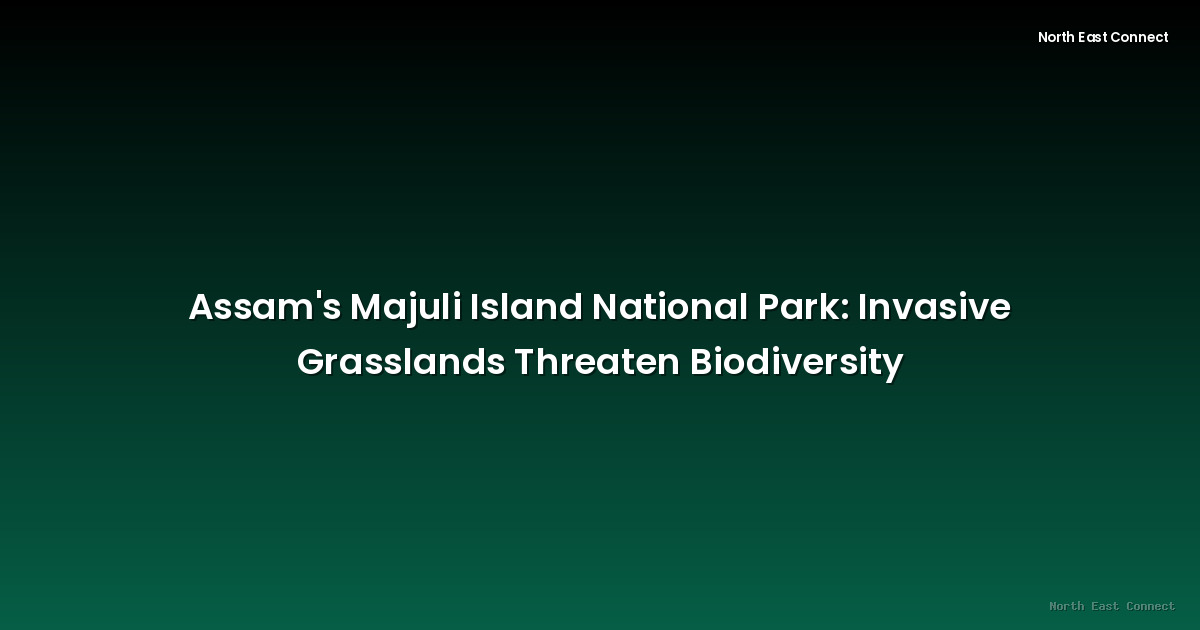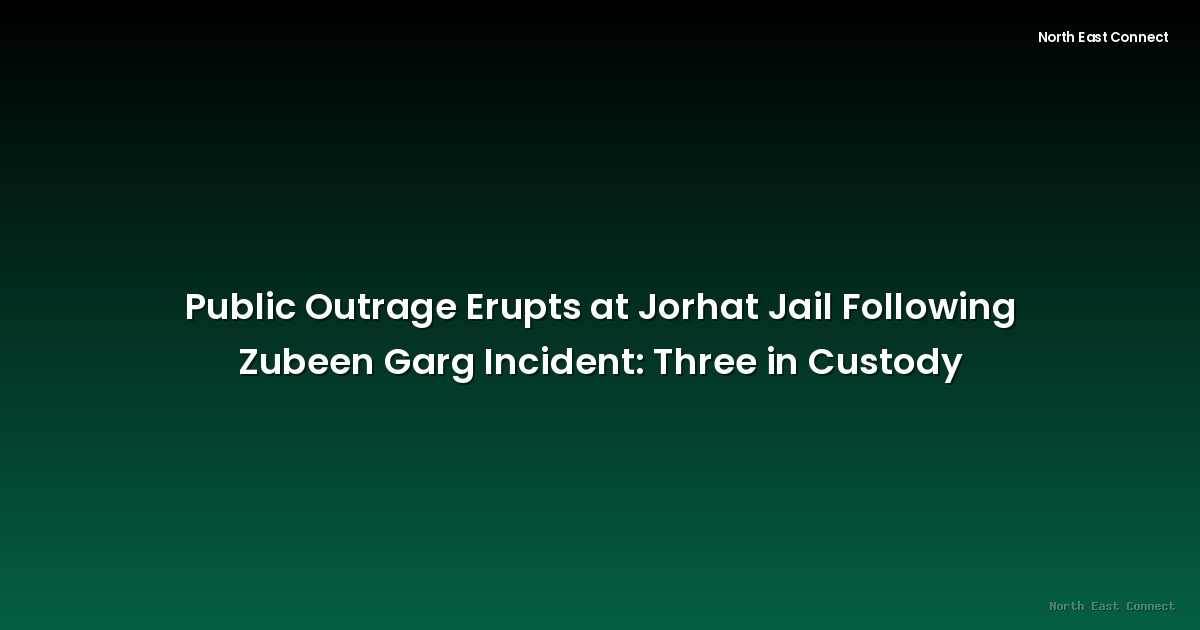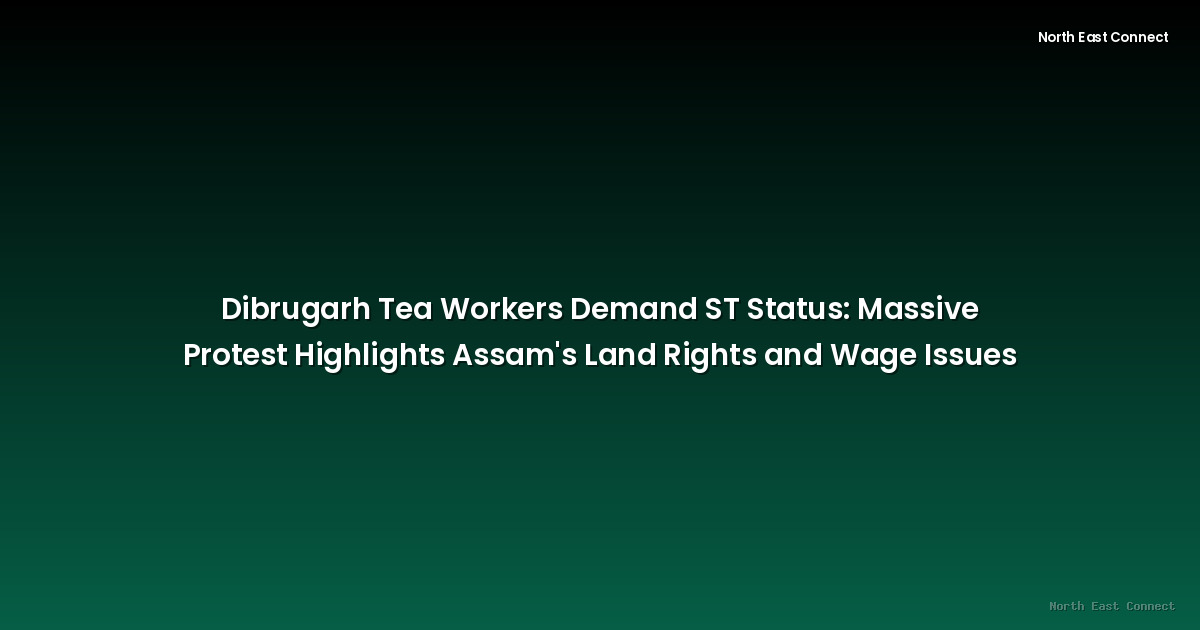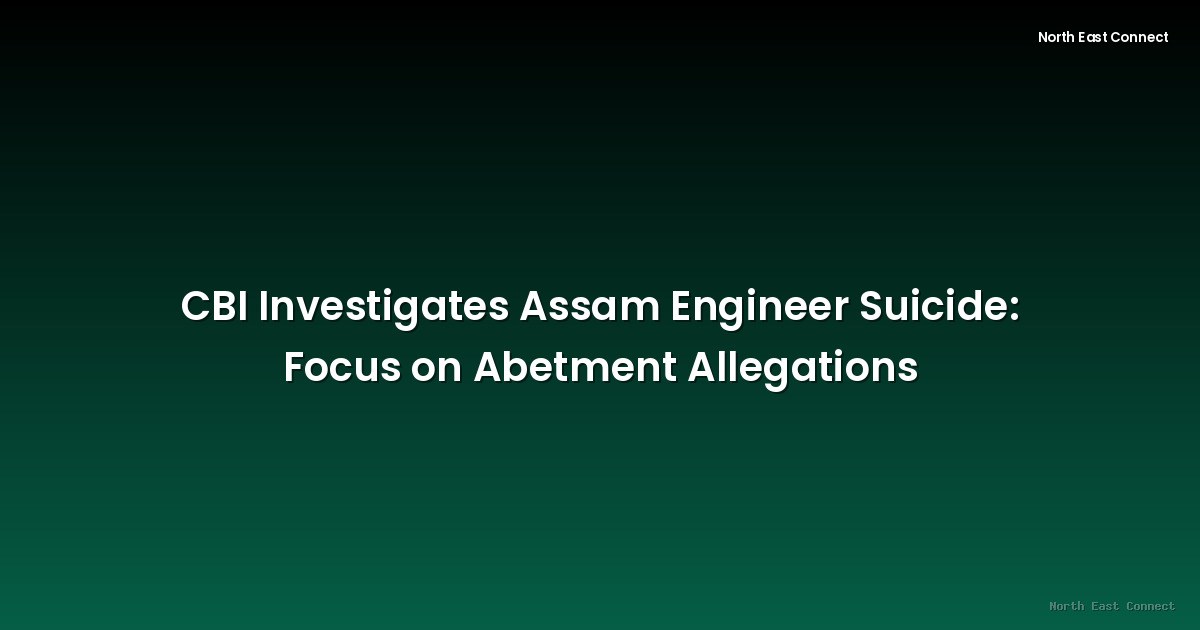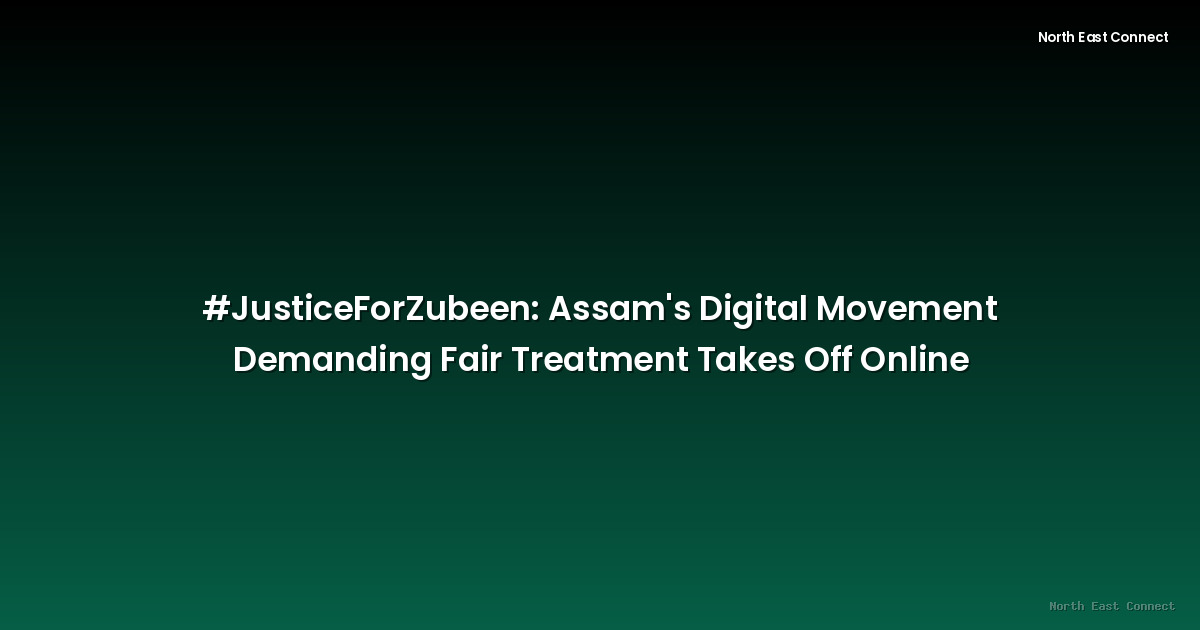2025-08-18 · News
Majuli Island, the world's largest river island, is home to Assam's unique Majuli National Park. This ecologically sensitive area, characterized by its diverse flora and fauna, is facing a growing threat from the encroachment of invasive grasslands. The rapid spread of these non-native grasses is significantly altering the island's delicate ecosystem, raising concerns among conservationists and researchers.
The primary concern stems from the displacement of native vegetation. Invasive grasslands outcompete indigenous plant species for resources like sunlight, water, and nutrients. This leads to a reduction in biodiversity, affecting the overall health and stability of the ecosystem. The loss of native plant species has cascading effects, impacting the animals that depend on them for food and habitat. Certain bird species, for instance, rely on specific plants for nesting and foraging. The dominance of invasive grasses alters this delicate balance, potentially leading to population decline in some species.
Furthermore, the spread of invasive grasses can alter the natural hydrological cycle on the island. Changes in ground cover can affect water infiltration, potentially leading to increased soil erosion and changes in water runoff patterns. This can have far-reaching implications for the island's ecosystem and the communities that depend on it for various resources, such as freshwater.
The precise reasons for the expansion of these invasive grasslands are complex and likely involve multiple factors. Changes in land use practices, altered river dynamics and climate change may all be contributing to this issue. Human activities, such as agricultural practices near the park borders, may inadvertently facilitate the spread of these invasive species. The lack of natural predators for these plants further exacerbates the issue.
Efforts to manage and mitigate the impact of invasive grasslands in Majuli National Park are underway. These conservation strategies often involve a combination of methods, including manual removal of invasive species, controlled burning to suppress growth, and reintroduction of native plant species to restore the ecosystem's balance. However, large-scale interventions require significant resources and ongoing monitoring to ensure their effectiveness.
The long-term success of conservation efforts depends on a multi-pronged approach. This includes collaborative efforts involving local communities, government agencies, research institutions, and conservation organizations. Community engagement is vital to ensure sustainable land management practices and prevent further encroachment of invasive species. Raising awareness among local populations about the ecological importance of maintaining biodiversity is also crucial. Furthermore, comprehensive research is essential to gain a deeper understanding of the dynamics of invasive species and develop more effective management strategies.
The future of Majuli National Park and its unique biodiversity hangs in the balance. Addressing the threat posed by invasive grasslands requires a concerted and sustained effort from all stakeholders. Failure to act decisively could result in irreversible damage to this ecologically significant area.

